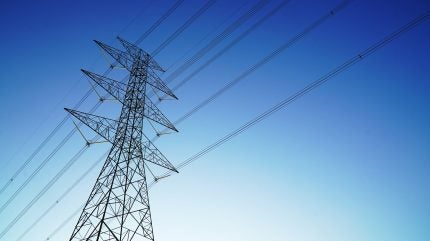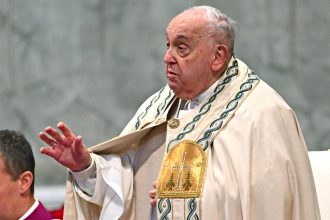
Nigeria has achieved a 35% reduction in electricity subsidies after last year’s tariff increase for certain consumers, as announced by Power Minister Adebayo Adelabu, reported Reuters.
The country, which is Africa’s most populous, has been grappling with a power sector plagued by an unreliable grid, gas shortages, and financial challenges.
Nigeria was previously allocating nearly N200bn ($125.01m) monthly to electricity subsidies due to non-commercially viable tariffs.
The government’s decision to remove subsidies for the top 15% of electricity consumers, encompassing both households and businesses with high consumption rates, has led to a substantial financial turnaround.
During a press briefing in Abuja, Adelabu highlighted the positive impact of the targeted tariff adjustment with “the market generating an additional N700bn in revenue, reflecting a 70% increase.”
This strategic move has not only alleviated the financial burden on the state but also contributed to improved power generation and a reduction in the government’s tariff shortfall from N3tn to N1.9tn.
Despite these advancements, Nigeria’s power sector continues to face significant challenges.
With an installed capacity of 13GW, the country often produces just one-third of this potential, leading to a heavy reliance on expensive alternative power sources.
The Nigeria Sovereign Investment Authority (NSIA), Sustainable Energy for All (SEforALL), the International Solar Alliance (ISA), and Africa50 have recently introduced the $500m Distributed Renewable Energy (DRE) Nigeria Fund.
The fund is designed to support the development and financing of DRE projects within Nigeria. It will concentrate on investments in mini-grids, solar home systems, commercial and industrial power solutions, embedded generation projects, and innovative energy storage technologies.
The goal is to deliver more reliable and cost-effective power to Nigerian homes and businesses, furthering the country’s journey towards energy sustainability.








